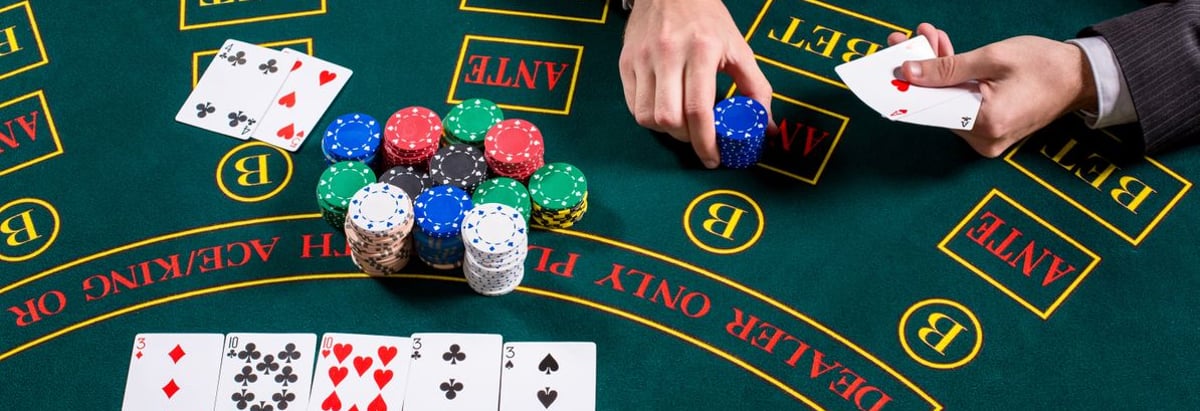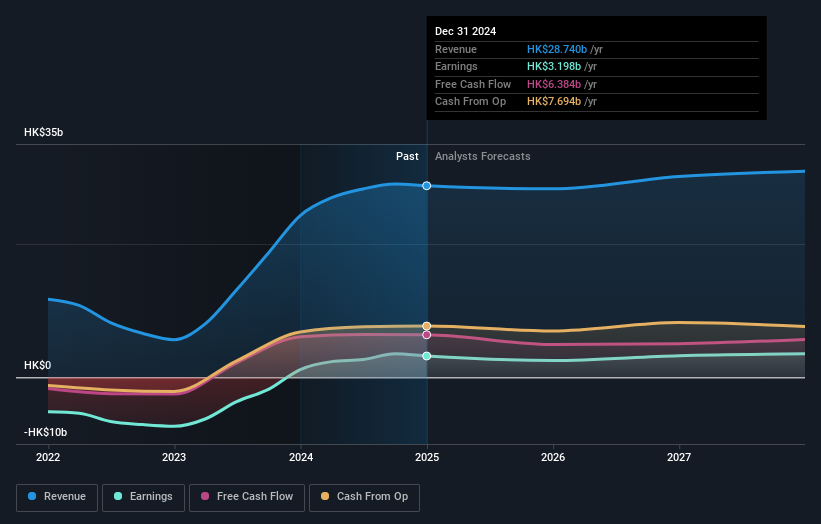- Hong Kong
- /
- Hospitality
- /
- SEHK:1128
Institutions profited after Wynn Macau, Limited's (HKG:1128) market cap rose HK$1.4b last week but public companies profited the most

Key Insights
- The considerable ownership by public companies in Wynn Macau indicates that they collectively have a greater say in management and business strategy
- 72% of the company is held by a single shareholder (Wynn Resorts, Limited)
- Insiders have been selling lately
Every investor in Wynn Macau, Limited (HKG:1128) should be aware of the most powerful shareholder groups. With 72% stake, public companies possess the maximum shares in the company. In other words, the group stands to gain the most (or lose the most) from their investment into the company.
Following a 5.5% increase in the stock price last week, public companies profited the most, but institutions who own 18% stock also stood to gain from the increase.
Let's delve deeper into each type of owner of Wynn Macau, beginning with the chart below.
View our latest analysis for Wynn Macau

What Does The Institutional Ownership Tell Us About Wynn Macau?
Many institutions measure their performance against an index that approximates the local market. So they usually pay more attention to companies that are included in major indices.
As you can see, institutional investors have a fair amount of stake in Wynn Macau. This can indicate that the company has a certain degree of credibility in the investment community. However, it is best to be wary of relying on the supposed validation that comes with institutional investors. They too, get it wrong sometimes. It is not uncommon to see a big share price drop if two large institutional investors try to sell out of a stock at the same time. So it is worth checking the past earnings trajectory of Wynn Macau, (below). Of course, keep in mind that there are other factors to consider, too.

Wynn Macau is not owned by hedge funds. The company's largest shareholder is Wynn Resorts, Limited, with ownership of 72%. This implies that they have majority interest control of the future of the company. In comparison, the second and third largest shareholders hold about 5.9% and 4.9% of the stock.
While it makes sense to study institutional ownership data for a company, it also makes sense to study analyst sentiments to know which way the wind is blowing. There are a reasonable number of analysts covering the stock, so it might be useful to find out their aggregate view on the future.
Insider Ownership Of Wynn Macau
The definition of company insiders can be subjective and does vary between jurisdictions. Our data reflects individual insiders, capturing board members at the very least. Management ultimately answers to the board. However, it is not uncommon for managers to be executive board members, especially if they are a founder or the CEO.
Most consider insider ownership a positive because it can indicate the board is well aligned with other shareholders. However, on some occasions too much power is concentrated within this group.
Our information suggests that Wynn Macau, Limited insiders own under 1% of the company. It is a pretty big company, so it would be possible for board members to own a meaningful interest in the company, without owning much of a proportional interest. In this case, they own around HK$57m worth of shares (at current prices). It is always good to see at least some insider ownership, but it might be worth checking if those insiders have been selling.
General Public Ownership
The general public-- including retail investors -- own 11% stake in the company, and hence can't easily be ignored. This size of ownership, while considerable, may not be enough to change company policy if the decision is not in sync with other large shareholders.
Public Company Ownership
We can see that public companies hold 72% of the Wynn Macau shares on issue. We can't be certain but it is quite possible this is a strategic stake. The businesses may be similar, or work together.
Next Steps:
It's always worth thinking about the different groups who own shares in a company. But to understand Wynn Macau better, we need to consider many other factors. For instance, we've identified 4 warning signs for Wynn Macau (2 make us uncomfortable) that you should be aware of.
Ultimately the future is most important. You can access this free report on analyst forecasts for the company.
NB: Figures in this article are calculated using data from the last twelve months, which refer to the 12-month period ending on the last date of the month the financial statement is dated. This may not be consistent with full year annual report figures.
Valuation is complex, but we're here to simplify it.
Discover if Wynn Macau might be undervalued or overvalued with our detailed analysis, featuring fair value estimates, potential risks, dividends, insider trades, and its financial condition.
Access Free AnalysisHave feedback on this article? Concerned about the content? Get in touch with us directly. Alternatively, email editorial-team (at) simplywallst.com.
This article by Simply Wall St is general in nature. We provide commentary based on historical data and analyst forecasts only using an unbiased methodology and our articles are not intended to be financial advice. It does not constitute a recommendation to buy or sell any stock, and does not take account of your objectives, or your financial situation. We aim to bring you long-term focused analysis driven by fundamental data. Note that our analysis may not factor in the latest price-sensitive company announcements or qualitative material. Simply Wall St has no position in any stocks mentioned.
About SEHK:1128
Wynn Macau
Owns, develops, and operates integrated destination casino resorts in the People’s Republic of China.
Undervalued with solid track record.
Similar Companies
Market Insights
Community Narratives



